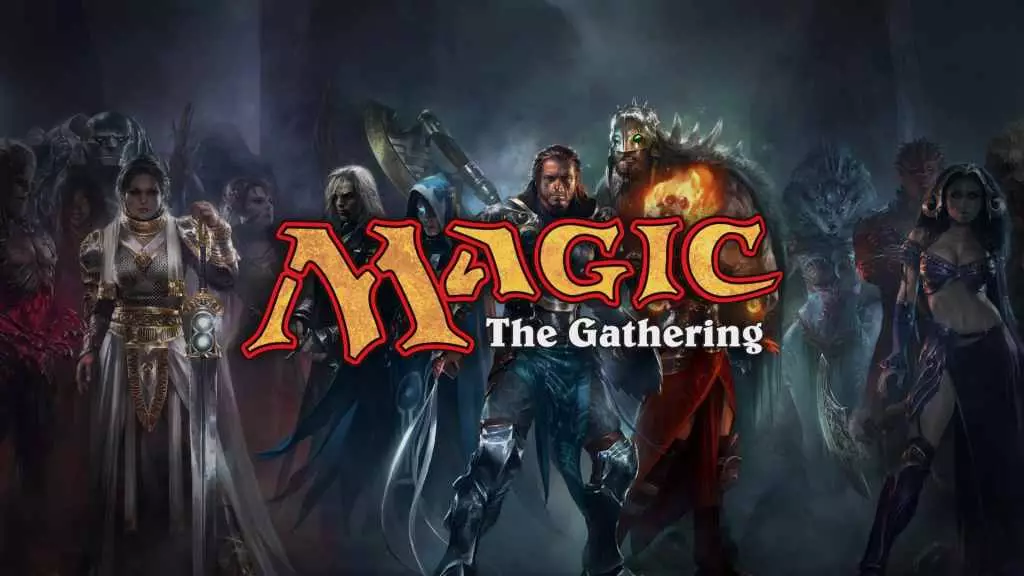The world of entertainment is on the brink of a significant transformation with the recent alliance between Legendary Entertainment and Hasbro Entertainment. This partnership aims to forge an expansive live-action universe inspired by the iconic trading card game, Magic: The Gathering. Launched in 1993, this card game not only laid the groundwork for its genre but also has become a cultural phenomenon, captivating over 50 million players globally. With Hasbro’s recognition of Magic: The Gathering as its first $1 billion brand, the stakes have never been higher for this joint venture.
At its core, Magic: The Gathering allows players to become planeswalkers—spellslinging avatars who engage in strategic duels. Using an immense library of diverse cards, players can invoke legendary creatures, cast intricate spells, and wield artifacts to decimate their foes. The game’s multifaceted nature has contributed to its long-standing popularity, thanks to the layered strategy required and the creative freedom afforded in assembling customized decks.
The appeal of Magic: The Gathering extends far beyond casual gameplay. Competitive circuits attract players from all walks of life, while high-stakes tournaments and an underground market for rare cards further illustrate its widespread impact. Through continuous updates and expansions, the game’s story unfolds within a sprawling multiverse, echoing lore as rich as that found in epic fantasy literature or blockbuster films.
The first fruit of the Legendary and Hasbro collaboration will be a feature film, serving as a launchpad for an overarching television and content universe. Mary Parent, Chairman of Worldwide Production at Legendary, emphasized the shared vision for the project. She remarked, “We pride ourselves on being thoughtful caretakers of singular, beloved IP.” This sentiment indicates a deep commitment to preserving the essence of Magic: The Gathering while also integrating cinematic innovations and storytelling elements appealing to both veteran fans and newcomers.
Zev Foreman, Hasbro Entertainment’s Head of Film, echoed this sentiment during announcements, positioning the project as an ideal blend of Legendary’s expertise with Hasbro’s iconic brand. “MAGIC: THE GATHERING has inspired decades of epic world-building and creative storytelling,” he stated. Such insight underscores the vast potential for narrative development; the franchise is ripe for exploration across various mediums, enabling a unique audiovisual experience.
Recognized for turning beloved intellectual properties into cinematic spectacles, Legendary Entertainment brings notable expertise to this partnership. Their portfolio includes cinematic adaptations of renowned video game franchises, recent works like Denis Villeneuve’s Dune, and ongoing endeavors within the Monsterverse. Their capacity to blend intricate lore with spectacular visuals positions them ideally to craft a Magic: The Gathering universe that feels both authentic to its fans and exhilarating for new audiences.
The joint venture could also set a precedent for how popular games and their stories transition into films and series. This undertaking suggests that gaming does not merely appeal to niche audiences; it holds immense potential to engage broader demographics in cinematic narratives. Successful adaptations can pave the way for other similar projects, encouraging further exploration of interactive entertainment in film mediums.
The establishment of Hasbro Entertainment as a force in the film industry aims to diversify its portfolio by mining its vast library of beloved brands. The development slate includes other iconic games like Clue, signaling a move towards nurturing cinematic universes rooted in nostalgia while drawing in newer generations.
With Magic: The Gathering set to pioneer this multimedia expansion, the excitement surrounding its potential success is palpable. In a rapidly changing entertainment landscape, where audiences crave rich narratives and expansive worlds, the partnership between Legendary and Hasbro could be a game changer—not just for how games are adapted into film and TV, but for how they inspire new storytelling paradigms for years to come.
